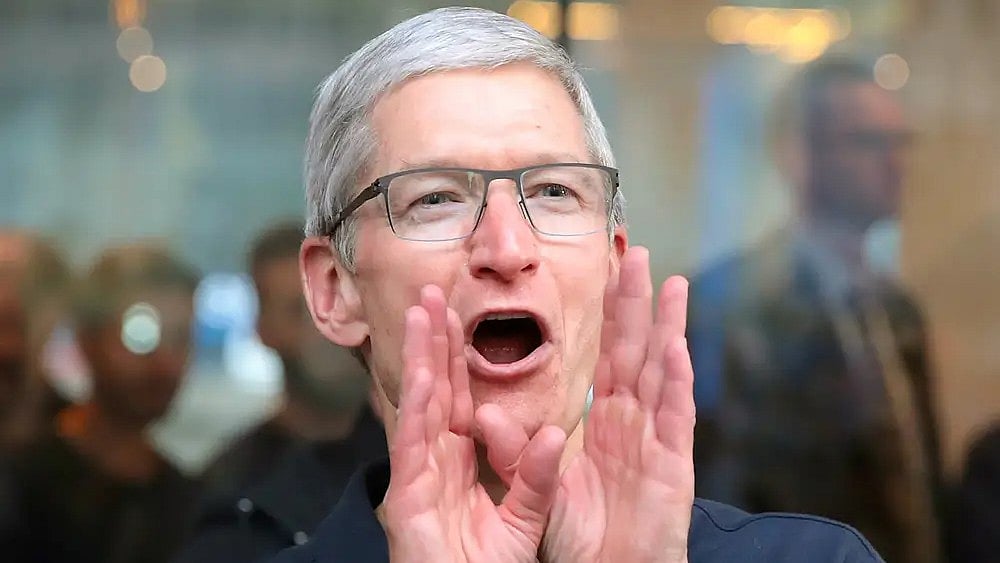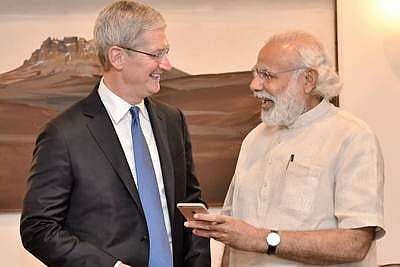Apple CEO Tim Cook has shed light on the growing tariff pressures the US has imposed on imported electronics, including those produced in India. Speaking during the company’s earnings call, Cook confirmed that while the majority of iPhones sold in the US are now manufactured in India, Apple is not immune to the financial strain brought on by the latest wave of US trade policies.

Cook said that the vast majority of Apple’s products fall under the Section 22 investigation, and the company expects a $1.1 billion tariff impact in Q4 alone. He clarified that although Apple has shifted a significant portion of its iPhone production to India, tariff burdens still linger, especially from earlier IEEPA tariffs targeting China.
Cook stated, “The vast majority of the iPhones sold in the US now have India as their country of origin. Macs, iPads, and Watches sold in the US are primarily manufactured in Vietnam.” However, he also acknowledged that products shipped to other international markets are still largely sourced from China. "And so that, hopefully, gives you a flavor where things are," he said in his earnings call.
Despite these challenges, Cook also announced a massive $500 billion investment in the US over the next four years, emphasizing Apple’s commitment to American innovation. “We’re proud to build on our long-standing US investments. From doubling our Advanced Manufacturing Fund to building advanced tech in Texas, we’re expanding our support for American manufacturing,” he said.
Apple supports more than 2.9 million jobs across US through direct employment, work with US-based suppliers and manufacturers, and developer jobs in the thriving iOS app economy. The company plans to create 20,000 more jobs in the next 4 years.
As the global tech industry navigates rising trade tensions, Apple is walking a fine line—balancing its India and Vietnam expansions with deep-rooted commitments in the US, while trying to shield itself from tariff headwinds that threaten to inflate production costs and disrupt its supply chain.
So the message is clear. Apple is strategically not putting all 'its eggs in one basket' and is diversifying production to offset political and economic uncertainties.











